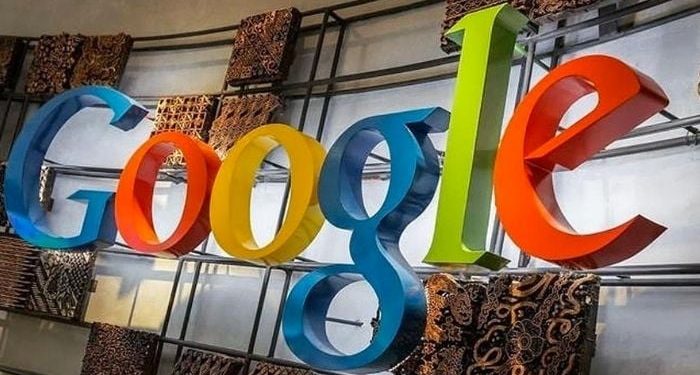The UK Competition and Markets Authority (CMA) has unveiled potential reforms that could compel Google to display rival search platforms to British users, marking one of the most significant challenges to the tech giant’s 90% UK search market share.
Under the Digital Markets, Competition and Consumers Act, the regulator outlined a “roadmap” of changes including mandatory choice screens for alternative search providers and greater transparency for publishers and advertisers. With 200,000 UK businesses spending an average £33,000 annually on Google Search ads, the CMA argues enhanced competition could reduce costs while maintaining innovation.
Key proposals target Google’s search default advantage, mirroring the EU’s Digital Markets Act (DMA) reforms that already require alternative engine prompts. However, UK industries warn of unintended consequences – EasyJet cited EU-mandated changes that diverted traffic to price-comparison sites misrepresenting fares, while adult retailers like LoveHoney protested SafeSearch filters limiting discoverability. CMA CEO Sarah Cardell emphasized the plans aim to be “targeted and proportionate,” but Google countered that punitive measures could jeopardize Britain’s “early access to search innovations.”

Why It Matters
The UK investigation follows major international actions against Google’s search practices, including: EU’s €2.4 billion fine for favoring Google Shopping (upheld in 2023), US court ruling declaring Google an illegal search monopoly (August 2023) and AI content disputes with publishers like the BBC over unauthorized training data use.
News Media Association’s Sebastian Cuttill also noted the CMA’s intervention could also reshape AI search tools like Google’s AI Overviews, demanding transparency on news content usage. As the October decision deadline approaches, the outcome may set a new global benchmark for search market regulation.

















